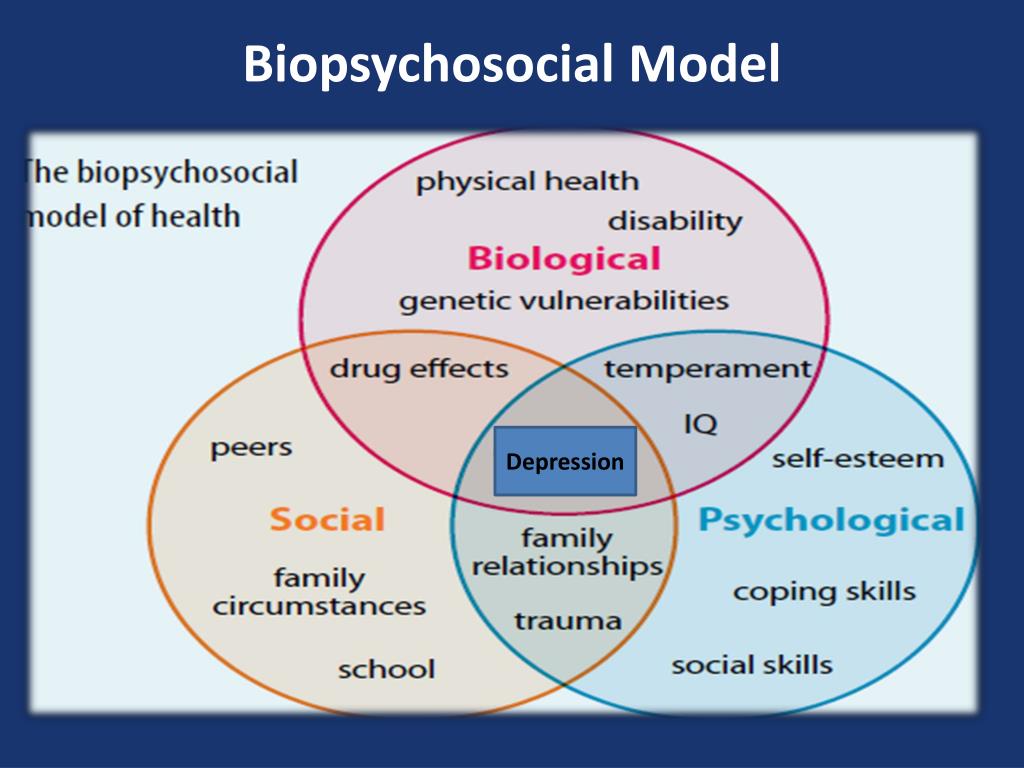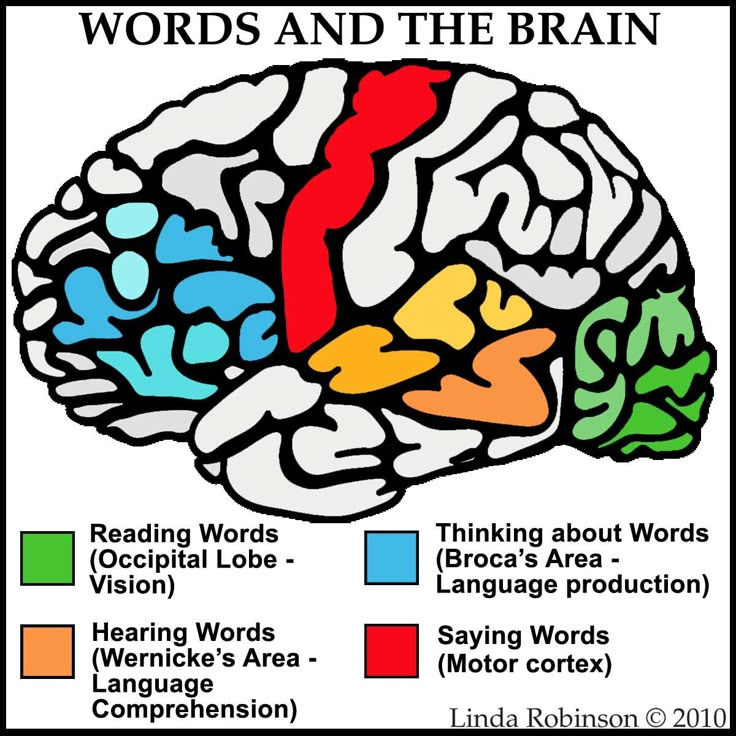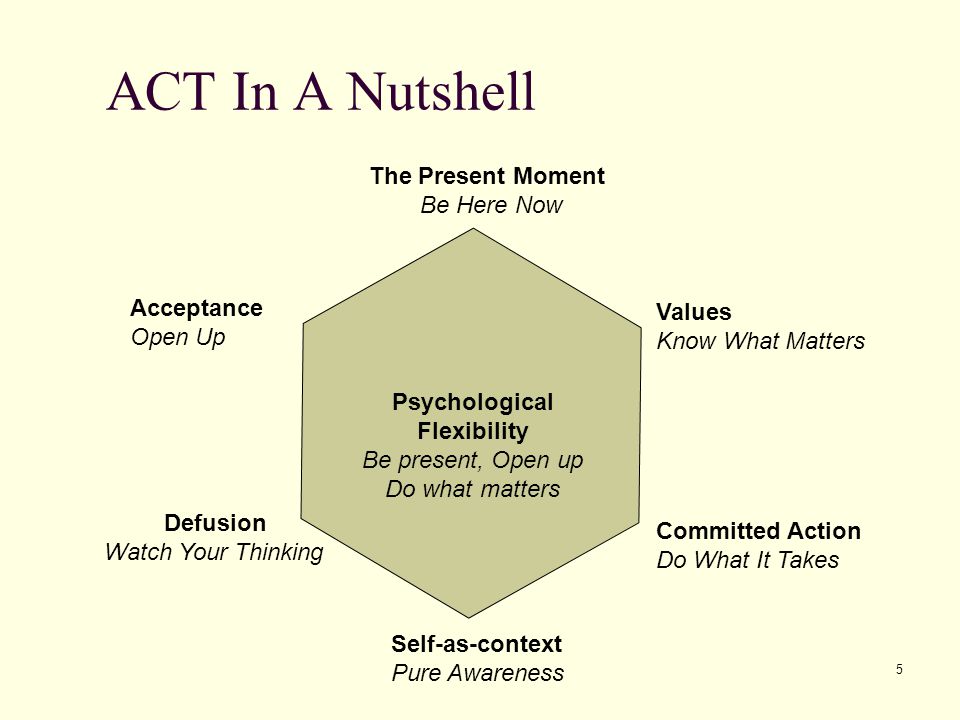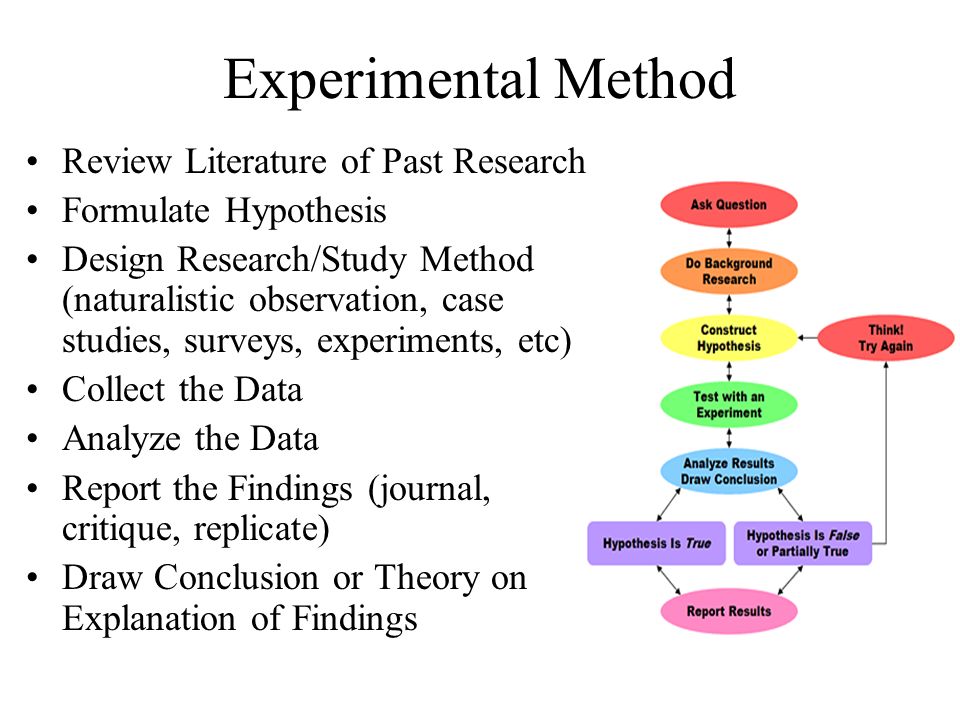How to work on a marriage
50 Things You Can Do To Improve Your Marriage
Casey and I love cheat sheets! You know, when someone gives you a bunch of their ideas so you don’t have to think too hard. Because we love you all so much, we’ve created a long cheat sheet for you that will hopefully inspire you. We can always improve our marriage and in fact, we would stress that when couples become stagnant, it’s a very dangerous road to be on.
Here are 50 things you can start doing to improve your marriage today!
-
Compliment your spouse daily
-
Buy them their favorite drink (Starbucks, tea, a bottle of wine)
-
Reach for their hand when watching TV
-
Talk about the little things
-
Don’t keep secrets
-
Initiate sex
-
Apologize when you’re wrong
-
Take a walk hand in hand
-
Go to bed together
-
Start committing to the 60 Second Blessing
-
Send flirty texts and emails throughout the day
-
Take one of our 4 week online courses
-
Appreciate all that your spouse does
-
Give more and expect less
-
Simplify your life so you have more time for connection
-
Schedule date nights regularly
-
Ask for what you want and need (your spouse isn’t mind reader)
-
Stay healthy and try to look your best
-
Remove the television from your bedroom
-
Create shared goals
-
Volunteer together
-
Offer to help with the daily chores
-
Make forgiveness part of your marriage strategy
-
Give grace freely
-
Listen with empathy
-
Talk a little less and listen more
-
Turn off your phone
-
Go on a weekend getaway just you two
-
Plan and stick to a budget
-
Remember that you’re on the same team
-
Always kiss goodnight
-
Be the first to say SORRY
-
Be quick to defend your spouse’s honor
-
Write a love letter
-
Sleep naked
-
Be willing to have the tough conversations
-
Ask open-ended questions
-
Don’t give up
-
Choose to love even when you don’t feel like it
-
Make honesty your best policy
-
Ask for a redo
-
Eat dinner together
-
Always discuss major purchases before making them
-
Remove the word “DIVORCE” from your vocabulary
-
Become a monthly member to Marriage365
-
Say NO to something so you can say YES to your marriage
-
Dream together
-
Learn something new together
-
Respect your spouse’s opinion
-
Be vulnerable
Written by Meygan Caston
Meygan Caston is the co-founder of Marriage365 and lives in Orange County, California with her husband Casey and their two children. She loves the beach, dance parties, writing, spa days, and helping couples connect in their marriage. Her life-long dream is to walk the Camino and have lunch with Brené Brown.
<img src=”https://marriage365.com/wp-content/uploads/2020/07/88_image-asset.jpg” alt=””>
Marriage: 15 Things You Should Give up to Make Your Marriage Work
“You make your marriage work, not by holding on, but by letting go of everything that stands between you and the love you have in your heart for your partner.” ~ Luminita D. Saviuc
Married people hold on to so many things that cause a great deal of stress and frustration in their relationships – and instead of letting them all go, instead of allowing their relationships to flourish and blossom, they cling on to them.
Not anymore.
Starting today, we will give up on all those things that stand between you and the love you have for your partner. Starting today, we will commit to having a happy marriage and a loving relationship.
Ready? Here we go:
1. Give up your unrealistic expectationsGive up all your unrealistic expectations about marriage being this beautiful box full of all the things you have always longed for and see marriage for what it truly is – an empty box where you and your partner must put all the things you want to take out. Accept that if you want to have love in your marriage, you have to put it there.
If you want to have happiness, passion, intimacy, companionship, trust in your marriage, you have to put it there. Relationships take work. And if you want to live a happy, beautiful, and loving life next to your partner, you will both commit to making your marriage work. Always remember, your marriage won’t work unless you do.
2. Give up controlPeople are made to be loved, not controlled. The more you try to control your partner, the more you will push him/ her away from you and the less love there will be left between you two. Give up control and allow the ONE you love to just be. Allow the person you love to be who they are and not who you want them to be.
Give up control and allow the ONE you love to just be. Allow the person you love to be who they are and not who you want them to be.
No matter how long you two have been together and no matter if you are married and have 10 children together or not, you do not possess your partner. He/she is not your propriety. You both are two separate entities and just as you are separate from him, so is she separate from you.
Give up possessiveness and allow your partner to breathe. Give him/ her space and freedom they truly deserve and watch how much more beautiful your relationship becomes.
4. Give up criticismGive up the need to criticize every little thing your partner does or doesn’t do and instead start appreciating those many things that made you fall in love with this person in the first place. Seek to praise not to criticize. Keep in mind that you attract more bees with honey than you do with vinegar.
5. Give up the need to fix your partner“Compliments and criticism are all ultimately based on some form of projection.” ~ Billy Corgan
Relationships aren’t about fixing one another, relationships are about loving, caring and supporting one another. You might think it’s your responsibility to “save” and “fix” your partner but trust me, that’s not really the case. Give up the need to fix your partner and work on growing, improving and evolving together instead.
6. Give up your jealous behavior“Men marry women with the hope they will never change. Women marry men with the hope they will change. Invariably they are both disappointed.” ~ Albert Einstein
”A competent and self-confident person is incapable of jealousy in anything. Jealousy is invariably a symptom of neurotic insecurity.” ~ Robert A. Heinlein
The root cause of jealousy is insecurity. Work on letting go of your insecurities and you will immediately understand the futility of a jealous behavior. You will immediately give jealousy up.
Work on letting go of your insecurities and you will immediately understand the futility of a jealous behavior. You will immediately give jealousy up.
Give up the fear of cheating on one another, the fear of falling out of love, the fear of having your present relationship become as toxic as the previous ones and so on. Get out of your fearful head and into your loving heart. Give up on all your fears, love with all your heart, and enjoy a happy marriage.
8. Give up the chase for perfection“Perfect love casts out fear. If fear exists, then there is not perfect love.” ~ A Course In Miracles
What screws us up the most is this idea we have in our heads about how relationships should be like and how our partners should behave. Instead of savoring, loving and praising one another, nurturing the relationships we have, we waste our precious time and energy seeking perfection, in ourselves, in our partner.
There’s no such thing as perfect relationships simply because there’s no such thing as perfect people. Your marriage is and always will be a reflection of who, you and your partner are – two perfectly imperfect people.
9. Give up on blame“When you stop expecting people to be perfect, you can like them for who they are.” ~ Donald Miller
Believe it or not, it’s not the other person’s job to make you feel all the things that you yourself can’t feel on your own. It’s not the other person’s job to make you feel loved, happy and whole when you yourself feel unworthy, unhappy and incomplete. That’s not their job, that’s your job.
Give up the need to blame your partner for everything that goes wrong in your world, for why you aren’t feeling as loved and as happy as you would like to feel and start taking ownership of your own thoughts and feelings.
10. Give up the need to always be right“Tell everyone you know: “My happiness depends on me, so you’re off the hook.
” And then demonstrate it. Be happy, no matter what they’re doing. Practice feeling good, no matter what. And before you know it, you will not give anyone else responsibility for the way you feel and then, you’ll love them all. Because the only reason you don’t love them is because you’re using them as your excuse to not feel good.” ~ Esther Hicks
Remember when you and your partner first started dating? Remember how beautiful and how lovingly you spoke to one another? Back then you didn’t care whether you were right all the time or not. All that you cared about was to make the other person feel loved, appreciated and happy. So why change now? Give up the need to always be right and choose to be kind, loving and supportive instead.
11. Give up living your life according to the other person’s expectations“Common courtesy plays a big role in happy marriages. People who are permanently married are polite to one another. They don’t want to hurt one another’s feelings, and they don’t try to make the other one feel humiliated.
People who are married for life are extremely kind to one another.” ~ Frank Pittman
It’s true that relationships require compromise but when you compromise too often, living your life according to the other person’s expectations, you risk losing yourself and that’s how you start feeling bitter, depleted, frustrated and very unhappy. Don’t lose the “I” in playing the “We” game. Compromise when needed but not so much that you lose your sense of self. Balance is key.
12. Give up your clingy behavior“The hardest-learned lesson: that people have only their kind of love to give, not our kind.” ~ Mignon McLauglin
There’s nothing less attractive than a person who clings onto his/her partner expecting the other person to provide all their emotional, physical, and spiritual needs. Take the “pressure” off of your partner’s shoulders and put it on your shoulders instead. Seek to become the provider of your own their emotional, physical, and spiritual needs. Be the source of your own happiness.
Seek to become the provider of your own their emotional, physical, and spiritual needs. Be the source of your own happiness.
13. Give up asking for more than you give“You have so little faith in yourself because you are unwilling to accept the fact that perfect love is in you, and so you seek without for what you cannot find within.” ~ A Course In Miracles
“Some of the biggest challenges in relationships come from the fact that most people enter a relationship in order to get something. They’re trying to find someone who’s going to make them feel good. In reality, the only way a relationship will last is if you see your relationship as a place that you go to give, and not a place that you go to take.” ~ Anthony Robbins
If you enter a relationship expecting to get a lot more than you give, chances are that you will have many marriage regrets. The only way a relationship will last is if you see your relationship as a place that you go to give, and not a place that you go to take. Give more, ask less.
Give more, ask less.
Make peace with your past. Make peace with your “stuff”. Don’t carry the heavy weights of your past with you into the present. If you want to build a happy, loving and healthy relationship, you have to start fresh, you have to leave your emotional baggage behind.
15. Give up attachment“The past has no power to stop you from being present now. Only your grievance about the past can do that. What is grievance? The baggage of old thought and emotion.” ~ Lao Tzu
There is a huge difference between love and attachment and what most people call “love” is nothing more than attachment. Attachment comes from a place of fear, while love is pure, kind, and selfless.
Love is ready to detach and let go if the relationship between two people becomes toxic and detrimental to the healthy growth and evolution of both parties. Attachment, on the other hand, loves to hold onto toxicity, feeding itself with the pain and suffering of people.
Deepak Chopra says it best with these words:
“Love allows your beloved the freedom to be unlike you. Attachment asks for conformity to your needs and desires. Love imposes no demands. Attachment expresses an overwhelming demand – “Make me feel whole.” Love expands beyond the limits of two people. Attachment tries to exclude everything but two people.”
And these are the 15 things you should give up to make not only marriage work but also any romantic relationship.
P.S. It’s very important to understand that some people, no matter how much they love one another and no matter how much they want to make their marriage work, might not be able to do so simply because they both learned the lessons they had to learn and now life calls them in different directions.
Marriage takes work.
To paraphrase Elizabeth Gilbert, soul mates, they might come into your life to reveal another layer of yourself to you, to help you see a part of you that you did not know was there, but when the work is done, they will leave, making room for something new, for something better to come your way.
This is why it’s so important to listen to your heart and intuition and make sure that you don’t stay in a relationship that makes you feel dead on the inside simply because that’s what society and everyone around you expect you to do. Your peace of mind, health, happiness, and well-being are more important than anything else. So stay happy!
“The real act of marriage takes place in the heart, not in the ballroom or church or synagogue. It’s a choice you make – not just on your wedding day, but over and over again – and that choice is reflected in the way you treat your husband or wife.” ~ Barbara De Angelis
~love, Luminita 💫
** If it’s true that marriages are meant to last for life, why is it that so many people divorce? What do you think is the key ingredient to making a marriage work? I really want to know what are your thoughts on this. You can share your insights by joining the conversation in the comment section below 🙂
Comments
loading. ..
..
- google+
Luminita is the Founder and Editor in Chief of PurposeFairy.com and also the author of 15 Things You Should Give Up to Be Happy: An Inspiring Guide to Discovering Effortless Joy. For more details check out the 15 Things You Should Give Up To Be Happy Book Page.
read moreDon't work on relationships, work on yourself
July 10, 2021Relationships
Building healthy and lasting relationships is very often hindered by our own psychological problems.
Iya Zorina
Author of Lifehacker, athlete, Candidate Master of Sports
Share
0So everything went wrong in the relationship. The period of falling in love is over, and the hormonal storm has ceased to hide the partner's shortcomings.
You often quarrel, your partner does not listen to you and does not understand you, you do not respect each other, and it is not at all clear why you stay together. In such a situation, many see two options: break up or work on relationships.
In such a situation, many see two options: break up or work on relationships.
Working means treating each other more attentively, looking for common interests and compromises. However, short-term changes for the better will very soon roll back - to mutual insults, quarrels and suffering.
This is because working on relationships will not change your personality and will not solve psychological problems: it will not make you take care of your partner or, on the contrary, give him freedom in the long run, will not help you become a reliable partner and will not teach you to be interested in the inner world of your beloved.
When we work on relationships, we struggle with the consequences without seeing the real reason.
So what is it, this reason? Let's take a look at two common psychological problems that lead to a dead end relationship with any partner. And the first of them is mental infantilism.
Infantilism is a monster that devours relationships
Before talking about mental infantilism, I will give a few complaints about the relationships that are characteristic of people with this problem. The list was provided by practicing psychoanalyst Galina Savchenko.
The list was provided by practicing psychoanalyst Galina Savchenko.
Galina Savchenko
Director of the Crisis Resolution Center. Practicing psychoanalyst and crisis counselor.
- I'm offended that too little attention is paid to me.
- I am angry that my immediate family and friends do not want to take part in my life and solve my problems.
- I envy my friends, partner, brothers and sisters, because I think that they get everything in life for free, and they do not want to share it with me. So I'm thinking about cutting ties with them and finding others who will appreciate, love and coddle me.
Do you have such relationship problems? If such thoughts have occurred to you more than once, you may be suffering from mental infantilism.
Mental infantilism is immaturity GV Kozlovskaya. Mental infantilism / Pathology of mental development. Ed. A. S. Tiganova / Scientific Center for Human Mental Health, which manifests itself mainly in the delay in the development of the emotional-volitional sphere and the preservation of childish personality traits.
What is different about an infantile person and how does this problem interfere with relationships? Here are a few qualities by which you can identify infantilism in others or in yourself.
Qualities of an infantile person
1. Egocentrism
An egocentric adult does not take into account the needs and desires of other people, everyone should love him, give warmth, love and participation “just like that”.
Here is what psychologist Elena Pervukhina writes about healthy relationships and infantilism.
Elena Pervukhina
practicing psychologist, author of articles on child and family psychology.
The most important secret of healthy relationships in the family is the balance between "take" and "give". You give your partner support, emotional warmth, respect, and in return you receive care, respect, help. If there is no such balance in the relationship, they crack.
Elena says that infantile people always only demand from a partner, but are never ready to give, to share.
When a partner gets tired of always only giving without receiving anything in return, he moves away, and an infantile person says that the partner has stopped loving him, that the relationship is not the same, that something needs to be changed.
At the same time, an infantile person is not at all interested in the problems of his partner, his inner world. According to psychotherapist Sergey Gorin, the manifestation of care is alien to an infantile person, and not only independently, but even at the request.
Sergey Gorin
psychiatrist, psychotherapist, author of monographs on the manipulation of the consciousness of the masses.
Infantilism is noticeable when a partner is expected to show care. For example, you are hungry, sick, very tired and told your partner about it. If he rushed to feed you, to help - everything is in order. If he says, "Well, go eat (get well, rest)", you do not exist in his world.
2. Dependency
Many infantile people, both men and women, are happy to give up work, transplanting themselves from their parent's neck to their partner's.
In addition, elements of dependency are also found among working people. For example, when an adult cannot serve himself on his own: he refuses to put away his things, cook, wash dishes.
When a person does not want to do basic household chores, his partner loses the lion's share of free time, and this is at least dishonest and leads to constant quarrels.
3. Inability to make decisions
An infantile person avoids difficulties, does not know how to make decisions and therefore most often does not succeed in terms of a career. When such a person is faced with any difficulties, he chooses the path of least resistance.
Sergey Gorin
The most common symptom of infantilism, from which both its wearer and those around him suffer, is a feeling of confusion when faced with the difficulties of real life.
Sergei Gorin says that an infantile person does not get along well in a work team, has problems with household chores (calling specialists, obtaining the necessary information) and easily becomes a victim of scammers.
In terms of relationships, this trait can gradually grow into an abyss between two partners: one is constantly developing, while the other is stuck in a comfort zone, not wanting to move forward.
If you find some of the qualities of an infantile person in yourself, it is worth going further and remembering how your parents behaved.
Why do people grow up infantile? for him.
There is another model based on the trauma of rejection. If parents are too busy with their lives - work, personal life, raising other children - and do not pay attention to the feelings and psychological life of the child, he develops a lack of affection, love and belonging, which he will always make up for in adult relationships with his soulmate.
As a rule, such a person is very suspicious and demanding, because he is unconsciously afraid of losing his partner's love and attention.
In adolescence, during the crisis of 13 years, it is decided whether the child will be able to grow up or whether he will forever retain childish qualities. But is it really forever?
Can an infantile person of thirty or forty grow up? Yes, but for this he needs to realize his problem and undergo psychotherapy.
How to deal with this problem
If you want to change in order to build better adult relationships or succeed in another area, you need to work on yourself for a long time.
You can find a psychotherapist who will guide you and help you understand where you need work. If you want to develop yourself, you need to work on several points at once:
- the ability to serve yourself on your own;
- the ability to plan your finances, think about the future;
- restraint in desires, when the next "wishlist" is first comprehended and only then fulfilled;
- the ability to force oneself to do unpleasant work;
Sergey Gorin
The most reliable way is to force yourself to do not very pleasant physical work. It can be not only classes in the country or breeding rabbits: even systematic classes in a fitness club are quite suitable for this purpose.
- the ability to take care of others, to be interested in the inner world, desires and needs of other people.
Will your relationship change for the better if you get rid of infantilism? Not necessary.
Everything here depends not only on you, but also on your partner. If he wants to see next to him not an adult, mature person, but a child who needs to be looked after, your “growing up” most likely will not please him.
And that's the next big problem that's quite common, codependency in relationships.
Co-dependent relationship - dissolution in partner
As in the example of infantilism, before proceeding to the description of a psychological disorder, let's consider common complaints of co-dependent people.
- My partner does not appreciate what I do for him, despite the fact that I often sacrifice myself for him.
- The partner is addicted to alcohol, drugs or games and does not want to change.
- I cannot part with my partner because I feel sorry for him - he will be lost without me.

Co-dependent relationships arise when one of the partners has a psychological trauma and low self-esteem and needs a person who would help compensate for the lack of self-esteem, self-sufficiency, self-love.
Elena Pervukhina
Co-dependent individuals, unlike infantile ones, always control their partner, always only give, always “from above”, as in the common expression “I will fall in love to death”. Codependents cannot take. They are victims who do not need anything.
Elena claims that codependents do not live their own life, but the life of their partner, thereby preventing their partner from living the way he wants. From such excessive pressure, the partner, as a rule, goes into dependence (alcohol, workaholism, drug addiction, gambling, and so on), and the co-dependent begins to save him.
So, a person renounces himself, dedicating his life to his partner and making him the meaning of his life. How does this codependency destroy relationships?
The habit of always putting your partner first leads to the fact that you gradually lose your personality. You become boring, so that the partner justifiably stops paying attention to you.
You become boring, so that the partner justifiably stops paying attention to you.
In addition, excessive pressure from the codependent creates discomfort for the partner, deprives him of the opportunity to live a full life. As a result, the partner either leaves or escapes from the discomfort of dependence.
How codependency develops
As in the case of infantility, the tendency to build codependent relationships is laid down in childhood.
Galina Savchenko listed the main reasons for the emergence of a tendency to co-dependent relationships.
- Parents praised little and always focused on the shortcomings, not on the successes of the child.
- Parental love directly depended on the success and good behavior of the child (“I like it for fives, but not for threes”).
- Cold parents who were busy with their lives and careers.
- The parents divorced, and the child was left alone with his pain from the divorce (“nobody needs me”).

- Parents, for some reason, paid more attention to other children (“you have to try to be the best in order to win love”).
Galina Savchenko says that such people, having become adults, usually do not have problems in social life. These are such early grown-up children who are doing well, with the exception of love and relationships.
The formula “In order to be loved and wanted to build a relationship with you, you must / must pay with part of your life” is the leading relationship scenario. Therefore, for co-dependents, life for the sake of the object of love is the norm, as it fits into this formula: give yourself - you will receive love.
Without changing yourself, you will not be able to build a healthy relationship, regardless of who your partner will be.
The habit of sacrificing yourself for the sake of love and acceptance will prevent you from living a full life and enjoying relationships in which partners take care of each other, value both their own and other people's interests and are self-sufficient so as not to depend entirely on the partner: his mood, success or defeats.
How to get rid of codependency? As with any other psychological problem laid down in childhood, you have a long way to go.
How to get rid of codependency
Elena Pervukhina
It is difficult for a codependent person to admit to himself that his whole life is empty, that he does not live his own life, that he closes his eyes to his own problems, that he has dissolved in another and that he himself as a person is not exists.
Psychologists agree that the main thing is to recognize the problem and face the truth, and then take concrete steps. If some qualities of co-dependent people seemed familiar to you, this is an occasion to think and start working on yourself.
And here are some directions for such work.
- Learn to say "no" if you feel uncomfortable and unpleasant to do something, stop helping everyone in the hope of their good attitude and acceptance. Most likely, many of you are just using.
- Learn to love and accept yourself.
 You can only live your life, so make it interesting.
You can only live your life, so make it interesting.
In general, the work on getting rid of codependency requires the development of childhood memories and attitudes. Therefore, ideally, you should find a psychotherapist who will analyze your particular case and help you correct your self-esteem.
Someone may notice that a partner may suffer from infantilism or codependency, and at the same time you will be a mature and healthy person who was simply unlucky. But a healthy, self-respecting person will not be able to withstand a scarce partner for a long time.
If, despite unhappy relationships, quarrels and scandals, you continue to cling to your partner and cannot imagine life without him, you should look at yourself and ask: do you love and respect yourself that much?
Read also 🧐
- Where does infantilism come from and what to do about it
- Counterdependence: why a person avoids close relationships and what to do about it
- I want to change my partner.
 Is everything okay with me? What about our relationship?
Is everything okay with me? What about our relationship?
Building relationships in remarriage
Remarriages break up as often as the first. Psychologist Tatyana Bondarenko and sociologist Larisa Kurnosova talk about why this is happening and how to successfully build a new relationship with another partner.
Not everyone copes
Objective socio-economic changes taking place not only in our country, but all over the world, affect the family. The number of divorces has increased. Statistically, "the divorce rate has steadily increased over the past 80 years, with slight up and down fluctuations." Most often, a break in relations between a man and a woman occurs during temporary crisis periods.
The first crisis occurs at 3-7 years of marriage and lasts about a year. It is associated with the end of the stage of falling in love and courtship, the urgent need to solve household problems, the accumulation of disagreements on key issues and the inability or unwillingness to resolve them and give in to a partner.
The second difficult period in the relationship of partners occurs in the range between 17 and 25 years of marriage due to a midlife crisis, which, as a rule, manifests itself in a man in an aspiration for infidelity, and in a woman in experiences in connection with aging.
However, couples can also break up at the very beginning of family life - in a year or two. So, at the very beginning of marriage, every fifth family breaks up. Often this is associated with the birth of a child, especially if young spouses are not ready for new responsibilities and changes in life.
Why a new marriage is needed
According to the study, among the motives for entering into a second marriage, three groups of reasons are conventionally distinguished. The main motive is the fear of loneliness (20% of men and women over 25 who answered).
In the second group of causes, women singled out pregnancy out of wedlock and the desire to have a congenial person. Men indicated that they are much more comfortable in marriage with a soul mate.
Marriage for love was chosen as the main motive by the youngest group of respondents - under 25 years old (the third group of reasons).
Assessment of expectations from remarriage:
- create a strong family - 36%;
- get positive emotions - 32%;
- ensure financial stability - 18%.
The last indicator looks too low from the point of view of common sense, which may be due to the reluctance of people to look mercantile.
When evaluating the requirements that are placed on a partner in remarriage, both men and women considered the following characteristics necessary: understanding, closeness in spirit, respect, responsibility and devotion. These requests allow us to say that both men and women, entering into remarriage, seek from the family to receive peace, comfort and confidence in the future.
When gender is taken into account, the picture becomes somewhat more complicated. The requirements for which the most significant discrepancies were found in men and women are responsiveness, a healthy (active) lifestyle, sexual qualities, and external data. The highest indicator for men is understanding. In combination with the above requirements, the male stereotype of the ideal wife emerges.
The highest indicator for men is understanding. In combination with the above requirements, the male stereotype of the ideal wife emerges.
Women, first of all, expect respect from their new spouse, devotion, responsibility and understanding. This dissonance is also inherent in first marriages and, as research shows, does not disappear if it fails. Thus, a stereotype is introduced into the new marriage, which can interfere with the formation of positive relationships.
What then?
After a divorce, entering into a new marriage is associated with a number of problems that are transferred to the family, to the relationship of its representatives. If we consider the family as an ecosystem, then we can divide the problems into internal (systemic) and external, that is, related to the environment of the family.
Systemic - those that relate to interaction within the cell of society itself: spouses, parents and their children, children with each other. The most important place in the external environment is occupied by relatives: the parents of the spouses, their brothers and sisters, more distant relatives, as well as relatives by marriage of all of the above.
The most important place in the external environment is occupied by relatives: the parents of the spouses, their brothers and sisters, more distant relatives, as well as relatives by marriage of all of the above.
We can say that remarriages significantly change the ecosystem of the new family. It includes both representatives of previous ecosystems and new elements, which complicates both intra-family relations and external (primarily related). Society has not worked out answers to many questions. How should the stepfather and the father of the children communicate? Is this interaction necessary or should they avoid each other? Which of these is best for a remarried child? Can these relations be normalized in order to harmonize the educational function of the family? There are no exact answers to such questions yet, which is why remarriages can be characterized along some lines of relationships as being in a kind of normative vacuum. But still, some recommendations for building new relationships should be followed.
What to do?
1. First of all, analyze who initiated the divorce and why. According to the results of sociological studies, women under the age of 50 are more likely to initiate a divorce - 68%. The reason for the divorce is dissatisfaction with the fact that a man takes the role of a child in a relationship, refusing to take responsibility for resolving key issues.
Women do not like infantilism, femininity shown by a man. If at the stage of acquaintance, falling in love, communication with a male girlfriend suited, then in family life, especially when children appear and the need to resolve issues, a male child ceases to be attractive.
After the age of 50, men are more likely to initiate divorces – 71%. The reasons for the breakup of the family in this case are that grown-up children have parted and are no longer a link in relations between spouses.
2. Seek help from a specialist. In our country, one of the most common causes of divorce is the abuse of alcoholic beverages. If a man or woman has been married for a long time to a partner with alcohol addiction, it is advisable to work with a psychologist on the reasons for marriage, in a dependent-codependent relationship. Otherwise, the subsequent marriage will be a continuation of such a destructive model of relationships.
If a man or woman has been married for a long time to a partner with alcohol addiction, it is advisable to work with a psychologist on the reasons for marriage, in a dependent-codependent relationship. Otherwise, the subsequent marriage will be a continuation of such a destructive model of relationships.
A psychological problem arising from divorce is the need to change behavior patterns that have developed in the family in order to avoid feelings of loss and rejection. At the same time, these negative emotions arise both in the initiator of the divorce and in the one for whom the divorce was a surprise.
After a divorce, it is important to give yourself time to think, to live alone, to analyze mistakes and their consequences. Otherwise, hurrying up with a new union, a man or woman again, with another partner, will win back relationships that did not work out in the previous couple.
This is because the negative mental states associated with divorce go through three stages: first shock, depression, and rebirth. In this case, you cannot skip any of the stages. If you do not go through the first stage of experiencing the loss, in the future, from time to time, memories of unfinished relationships will make themselves felt. In this case, without the help of a psychologist, it may be difficult to build harmonious relationships with another partner.
In this case, you cannot skip any of the stages. If you do not go through the first stage of experiencing the loss, in the future, from time to time, memories of unfinished relationships will make themselves felt. In this case, without the help of a psychologist, it may be difficult to build harmonious relationships with another partner.
3. Divorce is often a repetition of the pattern of interpersonal relationships in the parental family. This statement is more suitable for men who find it easier to start a new family. At the same time, 73% of men, that is, two out of three, consider themselves happier in a new marriage. A breakup is more difficult for women, experiencing ambivalence of feelings during quarrels with her husband - from the desire to constructively resolve the situation to the desire for a break.
To build harmonious relationships, it is necessary to approach the solution of the problem more rationally by analyzing the mistakes that were made in the first marriage.














